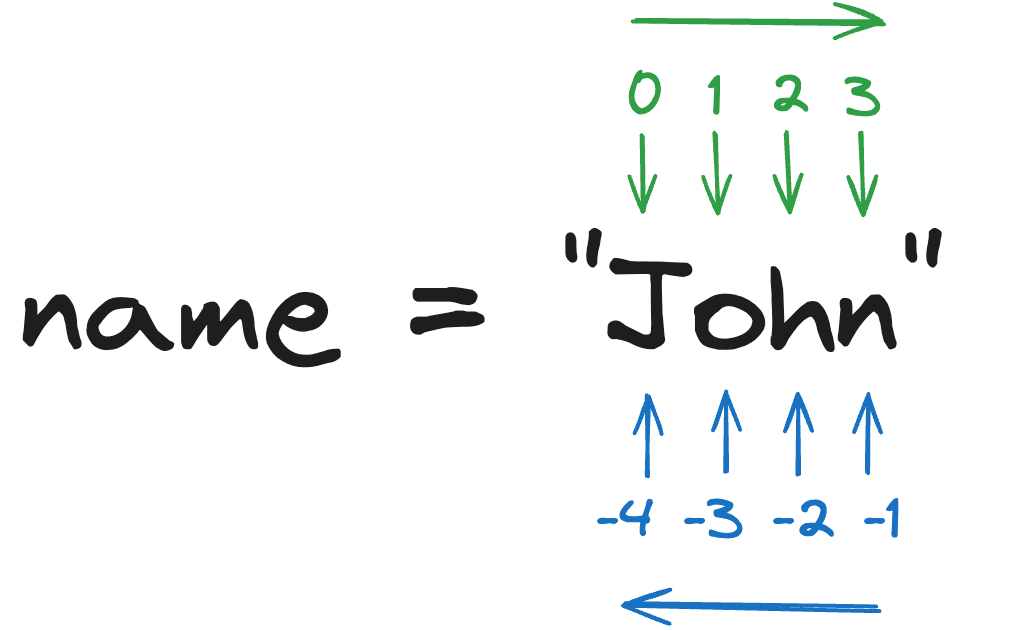Advanced String Slicing Techniques 🛠️
 Shrey Dikshant
Shrey Dikshant
Introduction
Now that we understand the basics of slicing, let’s explore more advanced techniques. We’ll learn how to deal with nested slicing, dynamic slicing, and some interesting slicing tricks.
Dynamic Slicing Based on Length 📏
You can dynamically slice strings based on their length, which is useful for processing strings of varying sizes.
pythonCopy codetext = 'DynamicSlicing'
half_length = len(text) // 2
print(text[:half_length]) # Output: Dynamic
print(text[half_length:]) # Output: Slicing
Nested Slicing 📐
You can perform slicing within slices for more complex operations.
pythonCopy codetext = 'Complex Slicing'
print(text[:7][::-1]) # Output: xelpmoC (first half reversed)
Combining Slicing with Functions 🛠️
Combine slicing with string functions to achieve powerful results.
pythonCopy codetext = ' Advanced Slicing Techniques '
clean_text = text.strip().lower()[:8]
print(clean_text) # Output: advanced
Skipping Characters 🎯
You can use the step parameter to skip characters.
pythonCopy codetext = 'SkipCharacters'
print(text[::2]) # Output: Si hratr
Advanced slicing lets you fine-tune how you extract and manipulate text. These techniques can come in handy when working with large datasets or when you need precise control over string manipulation.
Subscribe to my newsletter
Read articles from Shrey Dikshant directly inside your inbox. Subscribe to the newsletter, and don't miss out.
Written by

Shrey Dikshant
Shrey Dikshant
Aspiring data scientist with a strong foundation in adaptive quality techniques. Gained valuable experience through internships at YT Views, focusing on operation handling. Proficient in Python and passionate about data visualization, aiming to turn complex data into actionable insights.